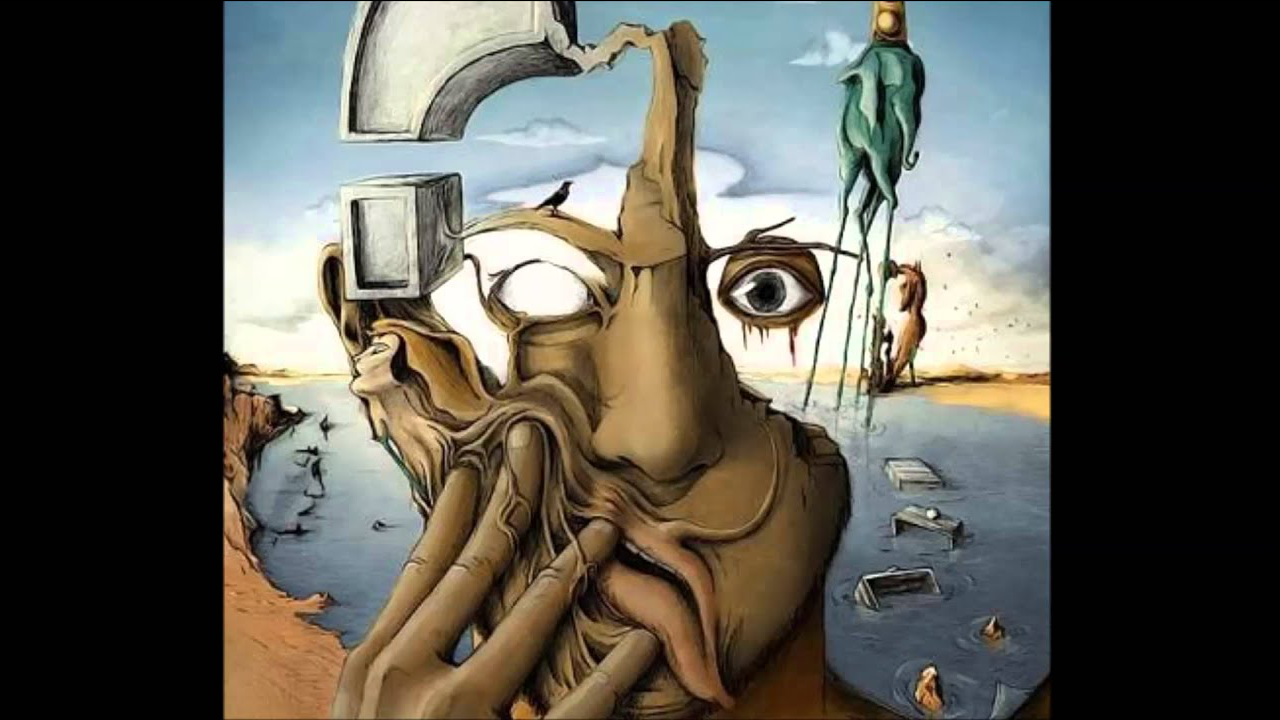Brother
Professional
- Messages
- 2,590
- Reaction score
- 533
- Points
- 113

Often many people equate the concepts of "self-realization" and "self-actualization". However, if the first is dictated by desires emanating from the outside, then the self-actualization that Abraham Maslow spoke about concerns the very nature of the personality. Together with Scottie Hendrix, we figure out what lies behind this concept and why self-actualization is not a result, but an endless process.
According to the hierarchy of needs of Abraham Maslow, the highest human need is self-actualization. But reaching this stage is not an easy task.
Self-actualization itself is a noble goal. It is she who motivated the creation of humanistic psychology and thanks to her, publishers annually release millions of books on personal growth.
While most people are familiar with the basic positions of the "Maslow pyramid", not everyone is aware of what problems the psychologist had to face while "building" it. It turned out that many people mistakenly believed that they had already passed the stage of self-actualization.
How did Maslow know about them?
According to psychologist Barry Stevens, a friend of Maslow, something unusual happened when the idea of self-actualization came to light:
After studying the work of a psychologist, people began to convince their therapists that they had reached the top of the pyramid. But Maslow himself, in his book Towards the Psychology of Being, noted that "less than 1% of the adult population manages to reach the last stage."“He (Maslow) was unhappy with the reaction of many people when they learned about 'self-actualizing personalities.' The reaction was strange. I received many letters in which people wrote: "I am a self-actualized person." Maslow thought he was missing something. "
So if you told Maslow that you were already self-actualizing, it would surely make him laugh.
How difficult is it to become a self-actualized person?
One of the most common criticisms of Maslow's concept of self-actualization is that it seems to be limited to those who have been fortunate enough to experience happiness in their lives. Consider its hierarchy of needs: the lowest level is basic needs, and the second level is the need for security to create a comfortable living environment. If you do not have enough finance to satisfy the first, you cannot rise to the second level. There is no need to talk about the last step here.
This question arose long before the appearance of the "Maslow pyramid". Aristotle, whose concept of eudemonism ⓘ The philosophical teaching that human happiness is the highest good and the foundation of human morality. has obvious shades of self-actualization, openly said that only a wealthy Greek man, who had sufficient luck in his life, can "live well." Other psychologists discussing the issue of self-actualization face similar problems.
Maslow himself believed that anyone is capable of self-actualization. However, only one percent of college students and exemplary historical figures met the criteria for self-actualization, according to Maslow. He understood that such a number of people declaring their self-actualization took place indicates that he failed to reveal the concept of this need properly.
Were these very "self-actualized people" wrong?
Many of them - no doubt, yes. Psychologist Fritz Perls, however, believed that this misunderstanding could also be related to the concept of self-realization. Self-actualization is the process of becoming who you really are. But many people think that self-actualization means becoming who you think you are or who you want to become. But this is already self-realization. It is likely that many of Stevens' acquaintances simply realized ideal ideas about themselves.
Maslow tells us:
The psychologist also warned that self-actualization does not mean that you are acting according to your own desires. Such actions can be called self-expression, not actualization. So those people were hardly right.“Self-actualization is the continuous realization of potential opportunities, abilities and talents, as the fulfillment of one's mission, or vocation, destiny, etc., as a more complete cognition and, therefore, the acceptance of one's own original nature, as a relentless striving for unity, integration, or internal synergy of personality "ⓘKozlov N." Psychologos. Encyclopedia of Practical Psychology "..
What can be summed up?
Well, first of all, you probably haven't self-actualized yet.
But now you better understand the complexity of this concept. People should not only satisfy all their needs consistently, but also be open and ready to make themselves psychologically vulnerable in order to meet the “real me” and constantly strive for psychological growth.
However, it is not worth talking about specific methods of personality development in the process of self-actualization, according to humanistic psychologists. Which makes the task much more difficult.
It really isn't easy. Self-actualization cannot be achieved in a couple of days, and unforeseen circumstances can always interfere with your progress. Carl Rogers, an American psychologist who also worked with the concept of self-actualization, considered it not an end stage, but an endless process.
Maslow writes:
“… It is clear that a musician should make music, an artist should paint pictures, and a poet should compose poetry, if, of course, they want to live in peace with themselves. A person must be who he can be. A person feels that he must correspond to his own nature. This need can be called the need for self-actualization ”ⓘMaslow A.“ Motivation and personality ”.
Finally, remember the old Greek adage - "know thyself." You cannot become who you are if you do not know who you are. This wisdom goes back to Socrates, and he would advise you to worry about it first.

